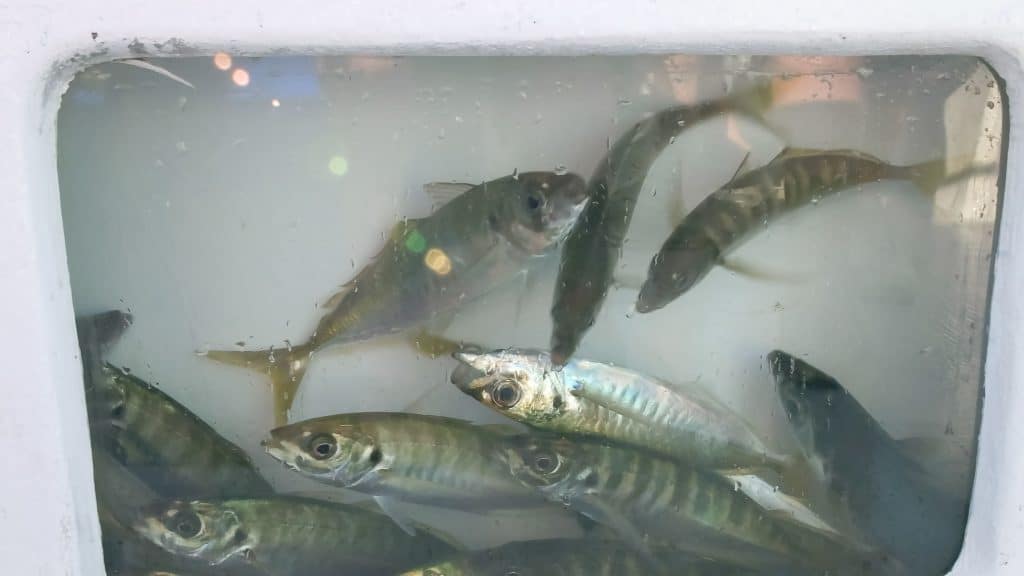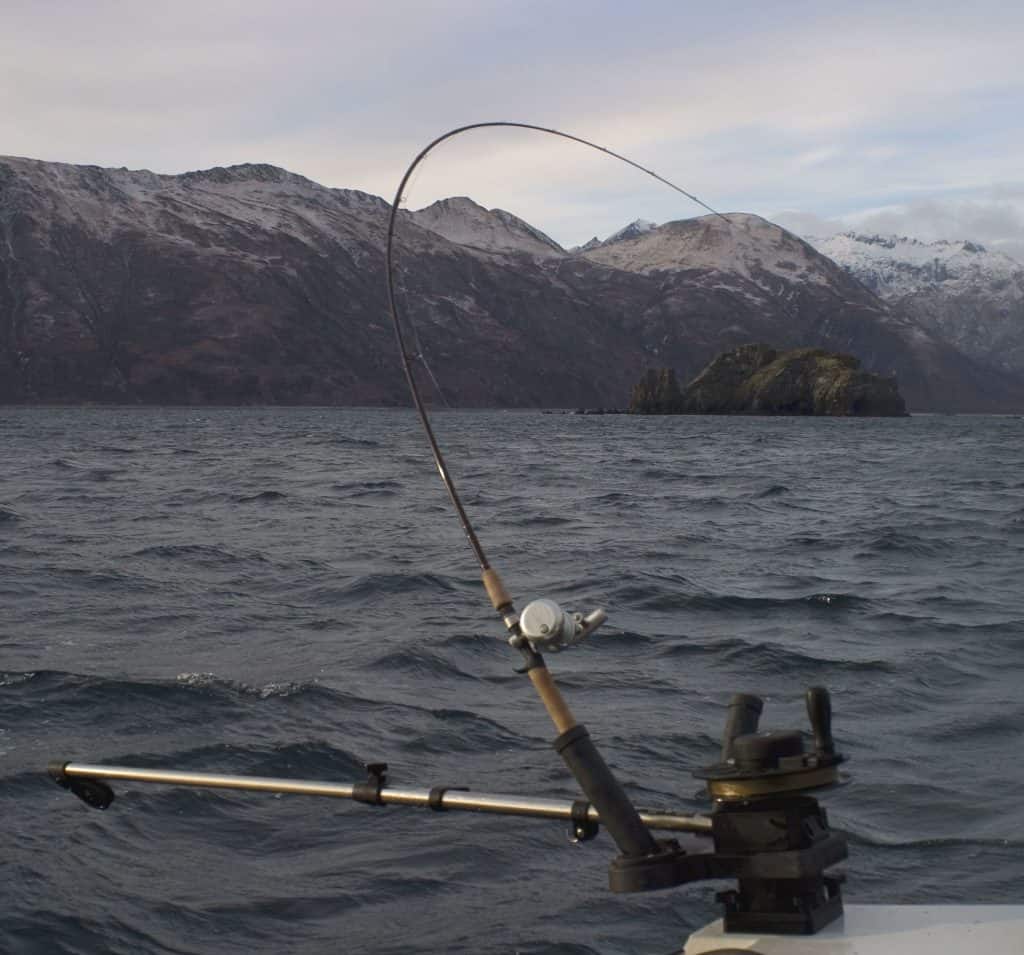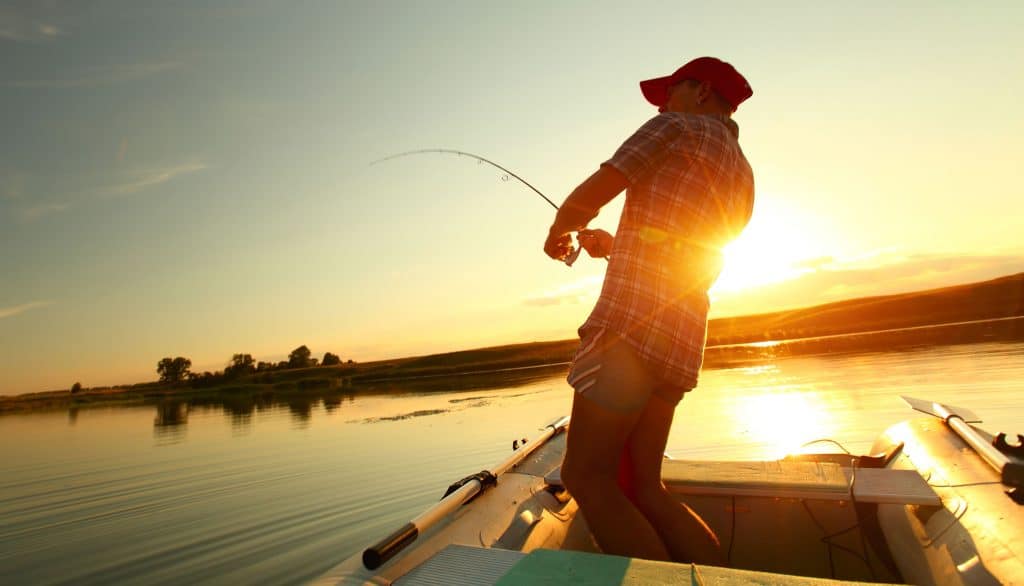
One of the nice things about having a boat with a livewell is that you can keep your haul alive. Some of these fishing trips can last quite a while, especially when the angler is in a tournament. It is important for them to keep their fish alive until weigh-in. But, for the tournament angler and the casual angler alike, it is important to know how long fish can stay alive in the livewells, and how they can increase that time safely.
Fish will stay alive in livewells anywhere from 5 to 8 hours. This depends on several circumstances such as livewell size, fish count, oxygen count and more. These things are easy for anglers to fix and observe in order to keep their fish healthy for longer periods of time.
There are tricks, tips and things that anglers need to watch for in their livewells in order to keep their fish alive. These things will help to make sure that the fish remain healthy. These things will help to make sure that the fish remain healthy, which is one of the most important things to keep in mind when fishing for sport.
How Livewells Work
Before fishing tournaments were popularized, people mostly caught fish for food. But as tournaments became more well known, livewells became more and more improved. These tournaments supported catch and release and so dead fish started counting as a penalty in these tournaments. This new rule caused people to hastily improve the livewells ability to keep fish happy and healthy.
People used to use stringers alongside their boat to carry their catch home. The best option they had was a large cooler with lots and lots of ice. Now there are livewells, additives, aerators, and pumps that all help to keep the fish content while in ownership of the angler.
Things to Know About your Livewell
On the website, Bass Resource, Ed Telders has a lot of wise things to say about Livewell maintenance.
- Know the water volume of your livewell. The more water it has, the healthier the fish you catch are. More water allows room for more fish, more room, and more room for toxins to disperse.
- Have a dual pumping system. One pump should be a filling pump for fresh water and one should recirculate or aerate. Aerating pumps are pumps that pump both water and air. This is better than those that only pump water because fish need oxygen.
“There is always a possibility of a breakdown and a spare pump could make the difference between dead fish and live ones.”
Ed Telders
- Check that pipes and plumbing are up to par. If they’re too small they will easily be clogged which can kill your catch. Carry a hose or hand pump to be prepared to unclog the pipes. A small pet store size fishnet can easily pull out things that could possibly clog the plumbing.
- Get rid of any sharp corners or splintering walls. This could cause extreme injuries or discomfort to the fish.
WARNING: Clean livewell every time after use and let it dry completely. Don’t shut lid while still moist inside as it can be turned into an infectious bacteria and fungus ridden container. Remember to only use non-toxic cleaner for the inside of the livewell. Avoid detergents that wield a strong smell and high chemical count. Boat Soup offers a good step-by-step routine to get a good clean. This, of course, doesn’t have to be an every use thing, but the livewell at least needs to be rinsed out and dried after every use.
- Remove the filter screens and the intake from the livewell.
- Spray them down with a hose and rid them of clogs and build-up.
- Grab a couple of tablespoons of baking soda, hot water and a scrub brush.
- With the baking-soda paste and brush start scrubbing at the bottom and then move onto the sides.
- Repeat a couple of times.
- Flush out the livewell several times to remove residue, solution and grime.
“Your livewell is not just a bucket of water to hold fish destined for the frying pan. Take your livewell to the next level. The knowledgeable angler wants to make sure that catch and release really works. Take care of your livewell and it will take care of both your fish and you.”
Ed Telders
How to Prolong the Lifespan of the Fish
Live Outdoors perfectly captures the spirit of angling when they write, “An unwavering respect for nature is a vital characteristic for any angler.” As an angler, it is important to take care of the fish while they are in your care during that time, you are responsible for them.
According to John Henry with Wired2Fish, he has a specific routine in order to keep his fish healthy. In his youtube video, “How to Keep Bass Alive in a Livewell of a Boat When Fishing“. He says that he puts a bag of ice in first. After letting that melt a minute he puts in an additive. He says that he’s been using the brand Rejuivenade for the longest time but he’s also used Please Release Me and G-Juice. He says that he doesn’t see much difference between the brands and they all work. Then allow lake water to fill into the livewell until about 2 inches below the overflow hole.
With livewells, you can either recirculate or use pumps. Pumps pull in water from the lake while recirculating takes water from the bottom of the livewell and brings it back to the top. This allows the water to move naturally as the lake does. It is suggested that an angler recirculates the water if the lake water is over 75 degrees. If the water is below 65 degrees then it is best to use the pumps.

In a Tournament guide titled, Keeping Bass Alive Gene Gilliland and Hal Schramm share their experience, knowledge and rules of the water.
“Anglers must take an active role in maintaining the health of their catch. Do not assume that the boat’s livewell system will automatically do all that is needed. You must have good equipment and you must also know how to use it under every kind of circumstance.”
Gilliland and Schramm
The following four headings explain in brief detail about what Gilliland and Schramm lay out in their tournament guide. The tips that they give are good for every angler, and if you want to read the full detailed pamphlet, I would highly suggest it.
Reduce Mechanical Injury
It is important that your livewell is set up so that it can easily maintain the fish and keep them comfortable. This includes making sure that the capacity of your livewell never exceeds a ration of more than 1 pound of bass per gallon of water. If you have more than one livewell, be sure to distribute the fish evenly between them to avoid crowding which can cause stress.
Livewell Basics
The oxygen level of the water needs to always be above 5 ppm. Each boat must have a recirculating system, so if your boat doesn’t have one, it needs one added. When first looking at your boat be sure to get to know your livewells settings, as each brand and each boat differs slightly.
A livewells pump should have a capacity of moving at least 500 gallons of water per hour. This rate will allow for optimum maximum aeration. Carry a spare motor in case one of the pumps decided to fail. Without a proper pump the fish will surely die.
Livewell Timers
Most boat brands have timers that will control the pumps in the livewell, but each one is different. Take time to get to know your timer. These timers can be set to cycle anywhere form 3 to 15 minutes, but it really depends on the boat. Often people recommend going for the smallest time.
“Continuous pump operation is an absolute must for proper aeration when you have more than a few founds of bass in the livewell.”
Ventilation
Aerators need fresh air to mix with the water. Make sure to open up the lid every once in awhile to allow the ammonia to escape and the fresh air to enter the livewell.
Tools to Use
There are certain things that are good to have on hand when fishing, and they are as following.
- Ice
- Temperature Gauge
- Additives (Rejuivenade, Please Release Me, G-Juice)
- It is important to add additives to the water, as it fights the chlorine from the ice and the ammonia from the fish.
Livewell Problems to Avoid

Sometimes there are problems that anglers need to watch for with livewells. Even when plumbing is adequate, there can still be clumps and clogs in the water. Sometimes stress can cause fish to regurgitate the contents of their stomachs. Not only that, but there are countless things in the water from sediments to algae that can potentially clog the pipes.
Also, when the weather gets warmer (often after May) the water that you catch the fish from is usually a lot deeper (and a lot colder) than the water that is being pumped into the Livewell. This can be avoided several ways. One way is to keep ice in the livewell. Another way is to recirculate the water when the water is over 75 degrees. This keeps the cold inside and keeps the hot water outside of the boat.
Advice from Other Anglers on Livewell Care
Sometimes the best way to learn is from other anglers. There are many anglers out there that have a large range of experience that have so much to offer wisdom-wise.
- One piece of advice is to fill the livewell first thing in the morning before you go out. Especially if you have a long hot day of fishing ahead. This allows the cool water that hasn’t been heated by the sun to flow into the livewell. This will be better for both the fish and you.
- Ed Telders warns to always make sure that the water is never too shallow. He warns that shallow livewells are incredibly dangerous. Shallow water forces the fish to turn on their side, which is not a natural position for them to be in. On top of this, with less water in the livewell, they are more likely to thrash around when the boat thrashes around, potentially causing them injury.
- Terry Brown has a unique and creative idea for keeping the fish in a livewell happy. She writes that she discovered it after she found an old water bottle in her livewell after she had loaded several fish into the livewell. She found that they enjoyed having the water bottle in there, as they used it for cover and allowed them to feel more secure. They were calm the whole trip. But, she then opted for a sponge rather than a water bottle, as it had the potential of bringing harm to the fish. Along with this, the sponge (or two depending on the size) can be frozen or pre-treated with additives. This way the sponge has multiple uses.
- Mt. Dew stops the bleeding of fish as citrus causes capillaries to close up.
Advice for Weekend Fishing
This advice comes from Aaron Martens. It is suitable for all anglers, but some of them cannot be used in tournaments, which is why this section is specifically for those anglers not in tournaments.
- One thing that can be done is to use a rubber landing net. While this is more expensive it is easier on the fish compared to a nylon one. These nets act as additional protection for the fish. While nets are not allowed in tournaments they are definitely beneficial for fishing on the weekend.
- Once a fish is caught, it is crucial to keep it off the carpet of your boat. Fish have a protective layer of “slime” that carpet easily removes. Once this protective layer is gone, infections and parasites can easily infect the fish. Many fish get sick and die because of this carpet contact.
- Martens also suggests that anglers update their hooks. He prompts anglers to get hooks that have a smaller barb so that it only leaves behind a small hole rather than a giant rip in the fish’s jaw. A wound like that can cause many problems for the fish once it is released.
